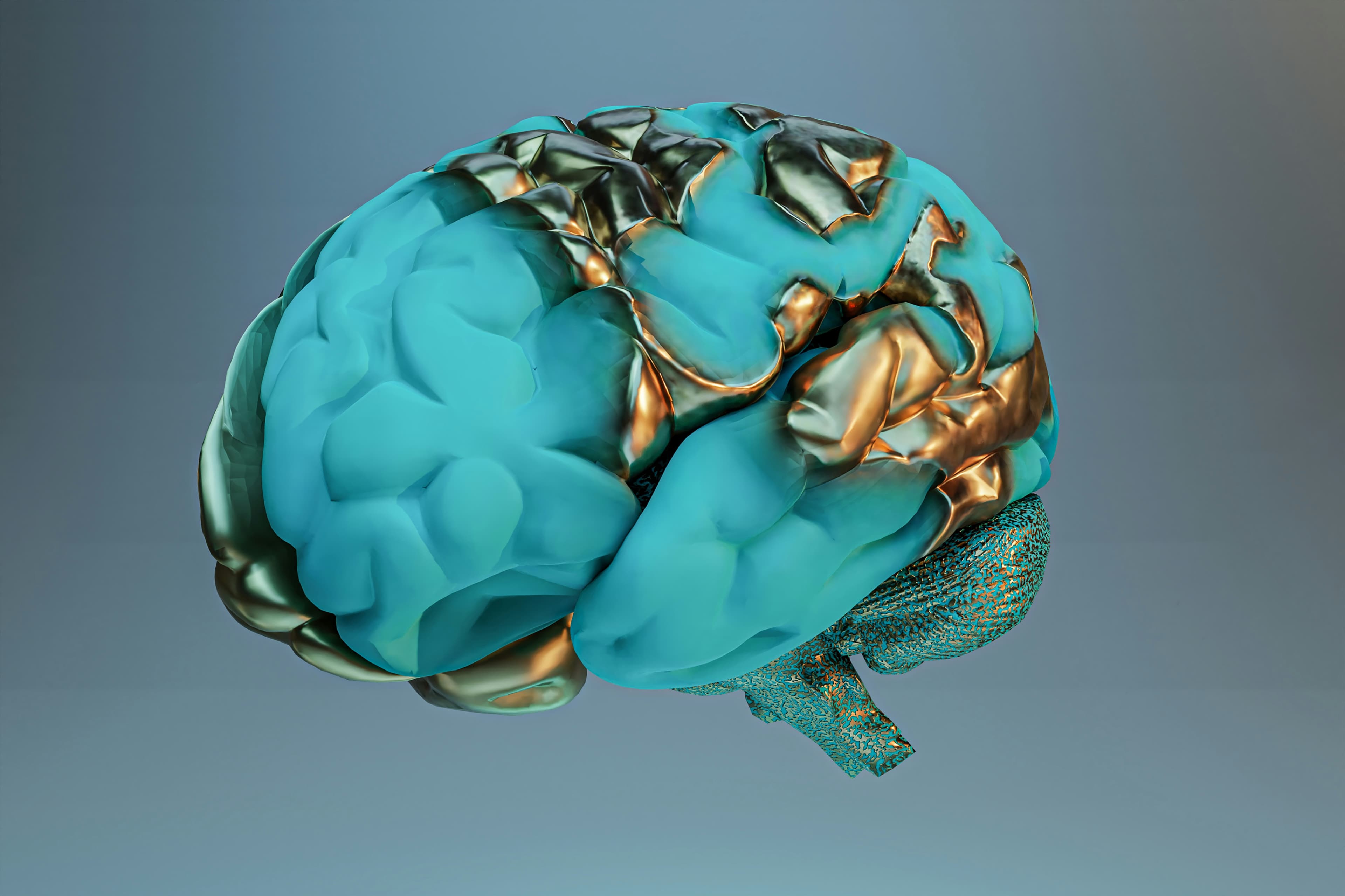
Embedding AI into Civic Infrastructure: Moving from Projects to Platforms
Embedding AI into Civic Infrastructure: Moving from Projects to Platforms
One of the most actionable lessons from the Marine Corps AI Implementation Plan is its move away from isolated AI projects toward platform-based integration. By embedding AI capabilities into core operational systems, rather than treating them as separate pilot experiments, the Corps is ensuring long-term sustainability and cross-functional impact. This practice can be directly adapted by city agencies looking to avoid duplicated efforts and fragmented tools.
For civic leaders, the shift requires evaluating where AI can enhance existing digital platforms such as permitting portals, traffic management systems, or procurement workflows. For example, integrating machine learning into code enforcement systems can help prioritize inspections based on historical violations and land use patterns, improving both efficiency and equity. The critical point is that AI should not live in a lab environment but within the infrastructure that staff and residents use daily. This approach not only improves outcomes but also fosters trust by making AI visible, understandable, and relevant to public service delivery.
Data as a Strategic Asset: Cleaning, Classifying, and Connecting
The Marine Corps plan emphasizes that without clean, accessible, and classified data, AI cannot function at scale. This lesson is particularly urgent for civic agencies, many of which operate with fragmented data systems and inconsistent governance protocols. According to the U.S. Government Accountability Office, more than 80 percent of federal agencies face challenges with data quality and integration, a trend mirrored at state and local levels¹.
To overcome this, city governments must treat data not as a byproduct of operations but as a strategic asset. That means investing in data cataloging, normalization, and interoperability standards. Tools like the Federal Data Strategy’s Data Governance Playbook or the National Institute of Standards and Technology’s AI Risk Management Framework provide actionable templates for building this capacity². Civic agencies should begin with a data audit, identifying high-impact datasets, assessing their readiness, and assigning data stewards across departments to ensure ongoing integrity. This foundational work is essential before any AI system can be responsibly deployed.
Procurement Reform: Enabling Agile AI Adoption
Traditional procurement processes often slow down or block AI adoption. Long RFP cycles, unclear evaluation criteria, and rigid contract structures are poorly suited to iterative technologies like AI. The Marine Corps addresses this by introducing agile procurement pathways that allow for modular contracting, outcome-based evaluation, and early-stage prototyping within secure environments³.
Civic leaders can adopt similar reforms by working with procurement officers to create flexible contracting vehicles for AI technologies. Initiatives like the City of San Jose’s “Startup in Residence” program or the State of California’s Agile Procurement Playbook offer proven templates for engaging emerging tech vendors while maintaining compliance and oversight⁴. Key success factors include pre-qualifying AI vendors based on ethical standards, requiring transparency into training data, and aligning contracts with performance metrics rather than static deliverables. These changes enable cities to keep pace with innovation without sacrificing accountability.
Cross-Sector Collaboration: Building AI Capacity Through Partnerships
No single public agency can develop all AI capabilities in-house. The Marine Corps plan recognizes this by prioritizing interagency coordination and partnerships with academia, industry, and allied governments. This collaborative model accelerates capacity building and ensures alignment with broader technological and ethical standards⁵.
For civic agencies, partnerships with local universities, civic tech organizations, and regional innovation hubs can serve as powerful accelerators. Programs like the MetroLab Network, which connects cities with research institutions to co-develop data-driven solutions, exemplify this approach⁶. Municipal leaders should formalize these relationships through data-sharing agreements, joint research initiatives, and shared training programs. These collaborations not only expand technical capacity but also provide a feedback loop for refining AI policies and practices based on real-world implementation.
Institutionalizing Feedback Loops: Ensuring Continuous Improvement
A key feature of the Marine Corps strategy is the use of continuous feedback mechanisms between field operators and central command. This iterative approach allows for real-time adjustments, reduces implementation risk, and supports continuous learning. Civic agencies can mirror this by formalizing feedback loops between frontline workers, IT teams, and executive leadership.
This means creating structured forums such as AI oversight committees, user councils, or performance roundtables that regularly review system performance, user feedback, and ethical concerns. For example, the City of New York’s Automated Decision Systems Task Force provided a multi-stakeholder venue for surfacing community concerns and improving transparency in algorithmic tools⁷. By institutionalizing these mechanisms, cities can ensure that AI systems remain aligned with public values and operational needs, even as technologies evolve.
Ethical Readiness: Operationalizing Values into AI Systems
The Marine Corps does not treat ethics as an afterthought. Its AI plan integrates ethical review into every phase of deployment, from design to post-implementation auditing. This principle is critical in civic contexts, where AI decisions may affect rights, access to services, and public perception of fairness.
Civic agencies must move from ethical statements to operational safeguards. This includes conducting impact assessments before deployment, setting up redress mechanisms for affected individuals, and publishing algorithmic transparency reports. The Government of Canada’s Algorithmic Impact Assessment or the OECD’s AI Principles can serve as references for codifying these practices⁸. Ethical readiness is not just about avoiding harm but about proactively building systems that reflect community values and legal obligations.
Bibliography
U.S. Government Accountability Office. 2021. “Data Governance: Agencies Made Progress, but Additional Actions Are Needed to Ensure Effectiveness.” GAO-21-29. https://www.gao.gov/products/gao-21-29.
U.S. Office of Management and Budget. 2021. “Federal Data Strategy: 2021 Action Plan.” https://strategy.data.gov/action-plan/; National Institute of Standards and Technology. 2023. “AI Risk Management Framework.” https://www.nist.gov/itl/ai-risk-management-framework
Department of the Navy. 2023. “U.S. Marine Corps Artificial Intelligence Implementation Plan (2025–2030).” https://www.marines.mil/News/Publications/
California Department of General Services. 2020. “Agile Procurement Playbook.” https://www.dgs.ca.gov/PD/Resources/Page-Content/Procurement-Division-Resources-List-Folder/Agile-Procurement-Playbook; City of San Jose. 2019. “Startup in Residence Program.” https://www.sanjoseca.gov/your-government/departments-offices/information-technology/startup-in-residence
U.S. Department of Defense. 2021. “Summary of the 2021 Department of Defense Data Strategy.” https://www.defense.gov/News/Releases/Release/Article/2367946/
MetroLab Network. 2023. “About MetroLab.” https://metrolabnetwork.org/about/
City of New York. 2019. “Automated Decision Systems Task Force Report.” https://www.nyc.gov/assets/adstaskforce/downloads/pdf/ADS-Report-11192019.pdf
Government of Canada. 2020. “Algorithmic Impact Assessment Tool.” https://www.canada.ca/en/government/system/digital-government/digital-government-innovations/responsible-use-ai/algorithmic-impact-assessment.html; Organisation for Economic Co-operation and Development. 2021. “OECD Principles on Artificial Intelligence.” https://www.oecd.org/going-digital/ai/principles/
More from Artificial Intelligence
Explore related articles on similar topics





